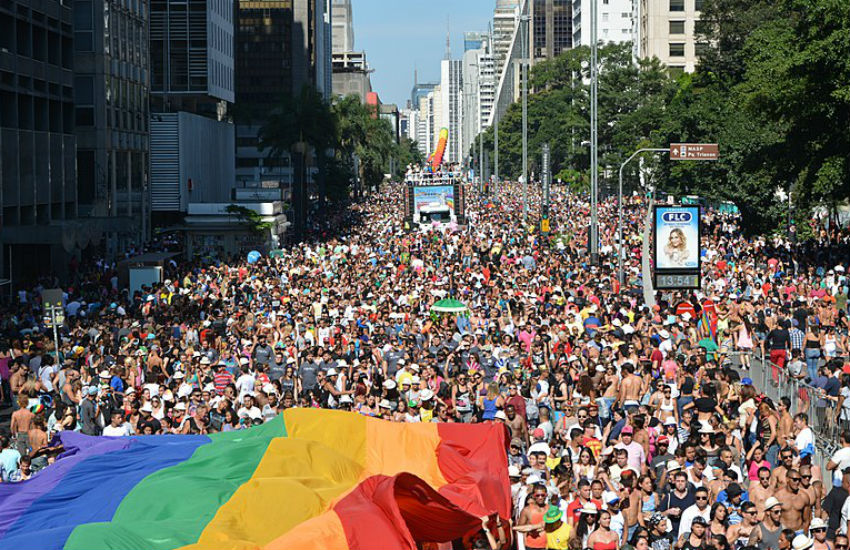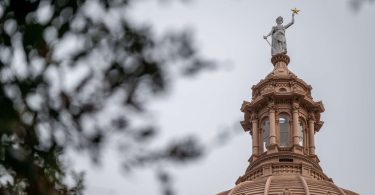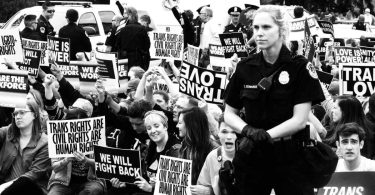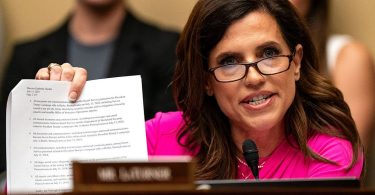Pride events can generate millions for cities.
Countries with homophobic laws could be sacrificing billions of dollars from lost opportunities in tourism and investment.
That’s according to The Economic Cost of Homophobia, a new report published today by the Peter Tatchell Foundation.
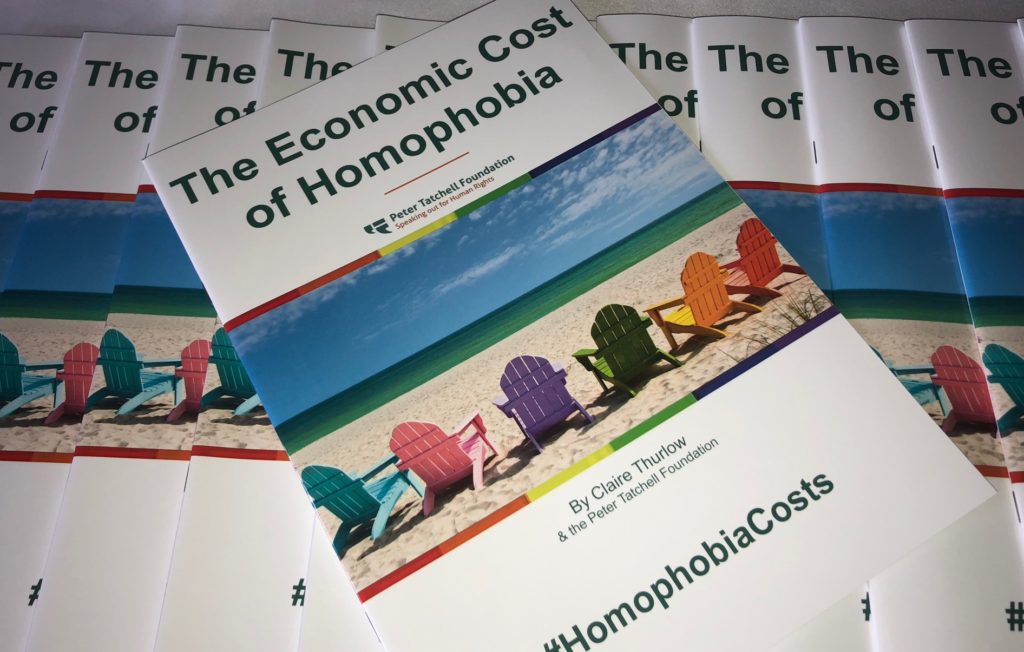
Anti-gay laws cost economies dear. Photo: Mark Johnson
The report was launched at the House of Lords in the Palace of Westminster, by veteran LGBTI activist Peter Tatchell and ally Lord Fowler.
It argues that countries with anti-LGBTI legislation are missing out on billions of dollars from tourism, aid and investment. They also suffer from missing out on the economic power of their own LGBTI citizens.
Human rights campaigner, Tatchell, said his foundation decided to focus on the economic impact on anti-gay laws, because it had more impact than trying to argue with countries on human rights alone.
‘We found that in many countries, sadly governments were not listening to the human rights arguments,’ Tatchell told Gay Star News. ‘So we reasoned that perhaps they might be more open to economic persuasion.
Tatchell, who has just arrived back in the UK after being arrested in Russia ahead of the FIFA World Cup, said ‘where we have tried the economic argument, we’ve found more traction’.
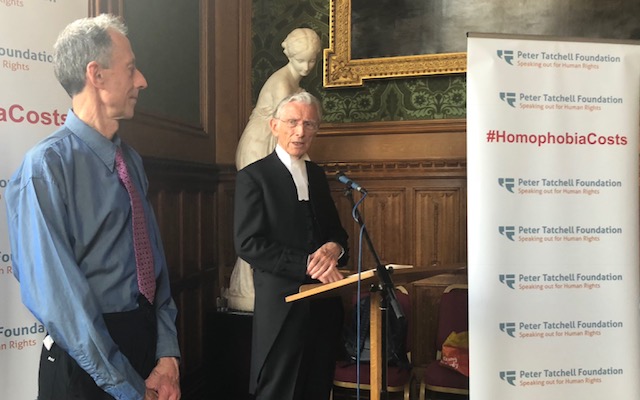
Peter Tatchell and Lord Fowler launched the report at the House of Lords. Photo: Mark Johnson
The global LGBTI travel market alone is valued at $211bn and rising, with ‘gay friendly’ countries seizing the lion’s share of the market.
The top destinations for the world’s LGBTI holidaymakers are Australia, Canada, France, the UK and the US, all of which are LGBTI friendly.
The report, which uses data compiled in 2016 by market research firm OUTNow, says that smaller, developing nations are most at risk from having anti-LGBTI legislation.
Europe is the top honeymoon destination for US LGBTI couples and luxury travel firm Kuoni reported that honeymoon bookings rose 279% between 2011 ad 2016.
70% of Commonwealth nations still have anti-gay laws
The report notes that 71 countries around the world have legislation the criminalises same-sex consensual relationships. And a staggering 70% of nations in the British Commonwealth still have homophobic legislation in place.
Foreign aid and corporate investment are also at risk for countries that criminalize their LGBTI population. The report points to the United Nation’s list of least developed nations, noting that homosexuality is a crime in 60% of them.
Uganda is held up as a country where foreign aid and investment dried up after it passed its anti-homosexuality act. The act was later annulled, but Western donors ‘withdrew or redirected their aid programs’ from the country.
Another factor impacting the economic health of nations with anti-gay laws is the effect of LGBTI people migrating so they can live without fear of persecution.
According to the Organisation for Refuge, Asylum and Migration (ORAM), the UK saw a 400% rise in the number foreigners citing sexuality as their reason for seeking asylum.
Pakistan, Jamaica, Nigeria and Ghana, were the most common countries of origin for this type of asylum seeker.
The report also refers to research done by the Williams Institute in 2014 which said equality for LGBTI people in a country was ‘an economic development issue’.
The Tatchell Foundation report argues that a nation’s LGBTI community can ‘make a very valuable contribution to the economy’, but this economic potential is currently ‘negatively affected through limits placed on their freedoms’.
Tatchell said he hopes the report will be used by activists in countries around the world to challenge governments that still oppress LGBTI people.
‘We’re going to be sending out copies [of the report] to LGBTI organisations around the world, particularly those countries that still criminalize homosexuality.’
The LGBT activist said the Foundation had already had feedback that the economic arguments are a more effective way to win government and business people around.
‘If we can get influential business people in homophobic countries to recognise that anti-LGBT laws and prejudice are bad for business,’ he said, ‘they can become local advocates for decriminalization within their own countries.’
See also:
Peter Tatchell allowed to fly home after gay rights protest in Russia

